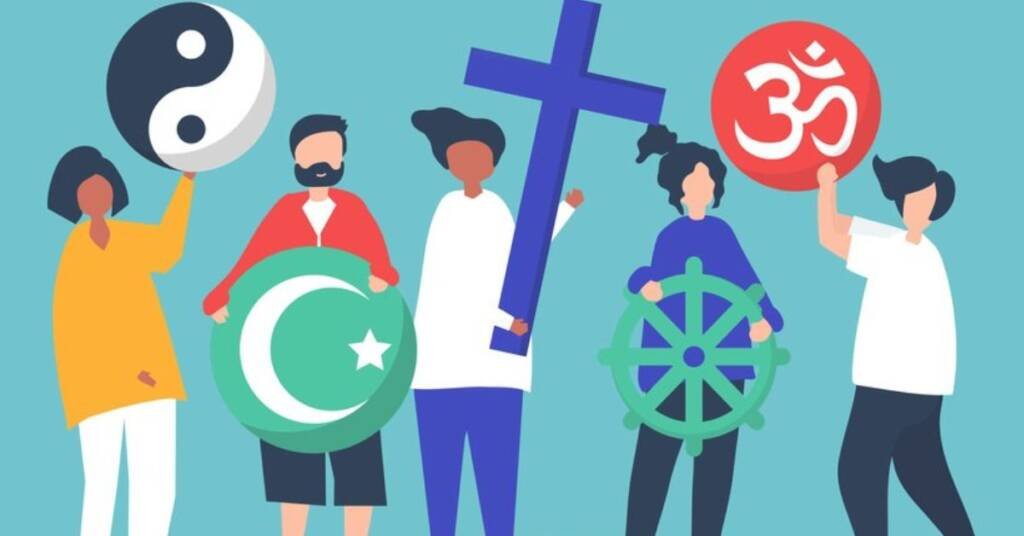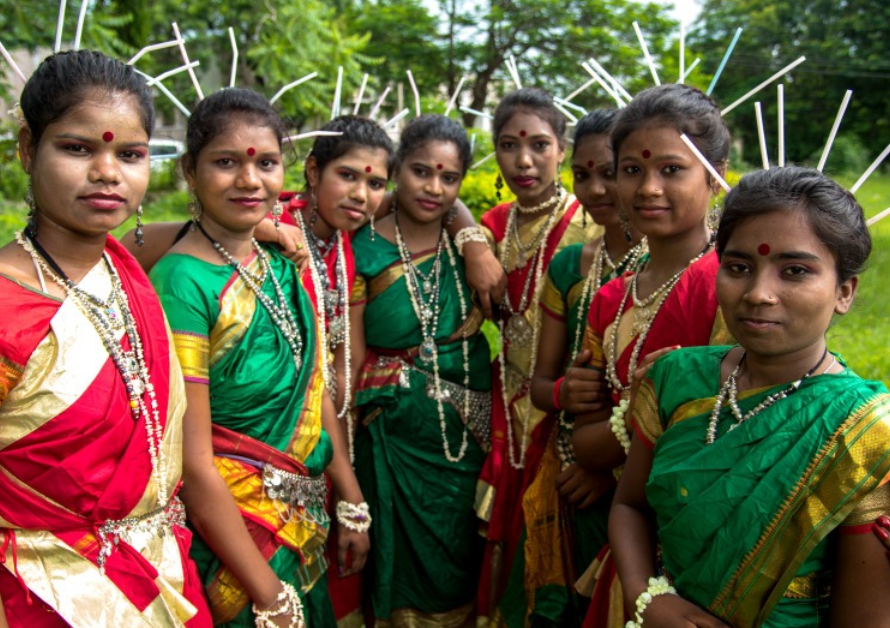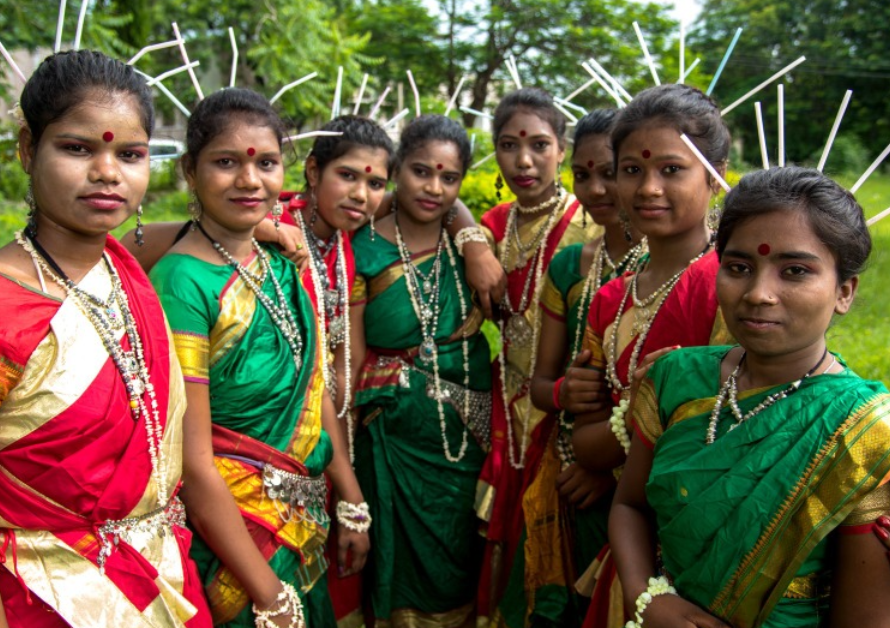About a decade ago, I firmly believed in the idea that “religion does not teach hatred among people.” It seemed like a universal truth that was the foundation for coexistence and mutual respect between different faiths. However, after deeply studying the Quran and understanding its verses, my perspective has undergone a complete transformation.
Here are some Quranic verses that significantly altered my viewpoint. I encourage you to read them and share this knowledge with others:
Quranic Verses and Their Impact
Surah 2:98: “Allah is the enemy of the non-believers.” This verse clearly expresses hostility towards those who do not follow Islam.
Surah 3:85: “No religion other than Islam will be accepted.” This rejects the principle of religious tolerance or diversity.
Surah 8:12: “Allah will cast terror into the hearts of those who disbelieve. Strike their necks and cut off their fingers.” This call for violence contradicts the claim that Islam is a religion of peace.
Surah 3:118: “Do not take non-Muslims as your close friends.” This encourages exclusivity and discourages interaction with people of other faiths.
Surah 8:39: “Fight the non-believers until Allah’s religion is established.” This advocates for fighting non-believers to establish Islam.
Surah 9:5: “Wherever you find the polytheists, kill them.” This verse is often quoted by terrorist groups to justify violent acts.
Surah 9:28: “The idolaters are impure.” This is derogatory towards those who follow polytheistic religions.
Surah 9:29: “Fight the non-believers and subjugate them with jizya (tax) in humiliation.” This calls for the subjugation of non-believers.
Surah 4:101: “The disbelievers are your open enemies.” This declares non-believers as enemies.
Surah 9:123: “Fight the disbelievers and punish them.” This encourages hostility and violence against non-believers.
Surah 66:9: “Wage war against the disbelievers and the hypocrites.” This supports war against non-believers and hypocrites.
Surah 8:69: “The spoils of war (including women) are lawful for you.” This justifies taking women as spoils of war.
Reevaluation of the Core Principles of Islam
After analyzing these verses, an important question arises: Does religion really not teach hatred?
The above quotes clearly advocate discrimination, violence, and intolerance against those who do not follow Islam. These teachings challenge the fundamental principles of coexistence and mutual respect in a diverse society.
The Connection Between the Quran and Terrorism
Prominent Muslim intellectuals and thinkers have also highlighted these aspects. Taslima Nasrin, a famous writer and activist who comes from a Muslim background, has boldly stated: “The Quran is the root of terrorism.”
Based on her experiences and studies, she made this assertion, emphasizing the need to critically evaluate and question the teachings of religious texts.
A Warning for Secular Hindus
It is time for Hindus, especially those who identify as secular, to reevaluate their beliefs and actions in the face of growing challenges. For decades, the concept of secularism in India has been disproportionately applied, leading to the appeasement of minority communities while sidelining the majority. This has created an environment where Hindus, in their pursuit of tolerance and harmony, have failed to recognize the increasing threats to their culture, religion, and nation.
The Problem of Ignorance and Neglect
Many Hindus who proudly wear the label of secularism fail to understand the dangers looming over their community. They overlook problematic verses from the religious texts of other faiths that advocate intolerance and, in some cases, violence against non-believers. This ignorance is partly due to the lack of religious education among Hindus. Unlike earlier generations, where values, traditions, and teachings were passed down from childhood, today’s generation has often drifted away from its spiritual and cultural roots.
This neglect has created fertile ground for divisive forces in society. Politicians and ideological groups have exploited the lack of unity and religious awareness among Hindus, weakening their societal cohesion. Meanwhile, minority communities, driven by their shared religious identity, have become more united and aggressive in promoting their beliefs, often at the expense of others.
The Threat of Religious Demographics
One of the most significant threats is the demographic change. Studies show that if the current growth rate of certain minority populations continues, India’s Muslim population could reach 40% or more in the coming decades. In a democracy, where numbers determine political power, this could lead to circumstances where the majority is marginalized, forced to adhere to laws and practices that conflict with their values.
Historical examples abound:
Partition of India (1947): Millions of Hindus were displaced, killed, or forced to flee as the region came under Islamic dominance.
Post-independence Pakistan and Bangladesh: Hindus who remained were systematically persecuted, forced into conversion, and violently attacked, leading to a drastic decrease in their population.
It is written that if Hindus fail to recognize these patterns and take steps to protect their interests, their descendants may face a similar fate.
The Way Forward
Educate Yourself and Others: Learn about the teachings and practices of all religions, and understand your own faith. Recognize the dangers posed by ideologies that do not promote coexistence. Share this knowledge with your family, friends, and community, especially the younger generation.
Reclaim Your Religious Identity: It is time to embrace your cultural and religious heritage without hesitation. Being proud to be a Hindu does not mean opposing others; it means safeguarding your traditions, values, and future.
Unite Beyond Castes and Communities: The greatest strength of the Hindu community lies in its numbers, but this power is diluted by divisions based on caste and regional identities. Unite under the banner of religious sovereignty and overcome differences for a common cause.
Raise Awareness: Discuss these issues openly on social and public platforms. Use technology and social media to spread awareness, combat misinformation, and organize movements that promote Hindu unity and nationalism.
Demand Policies That Prioritize Hindu Interests: Take steps to ensure political representation, institutional frameworks, and security that protect the Hindu community.
Remember, the existence of Hindu society, its culture, and its identity depend on our collective efforts. The time to unite and protect our community is now.







